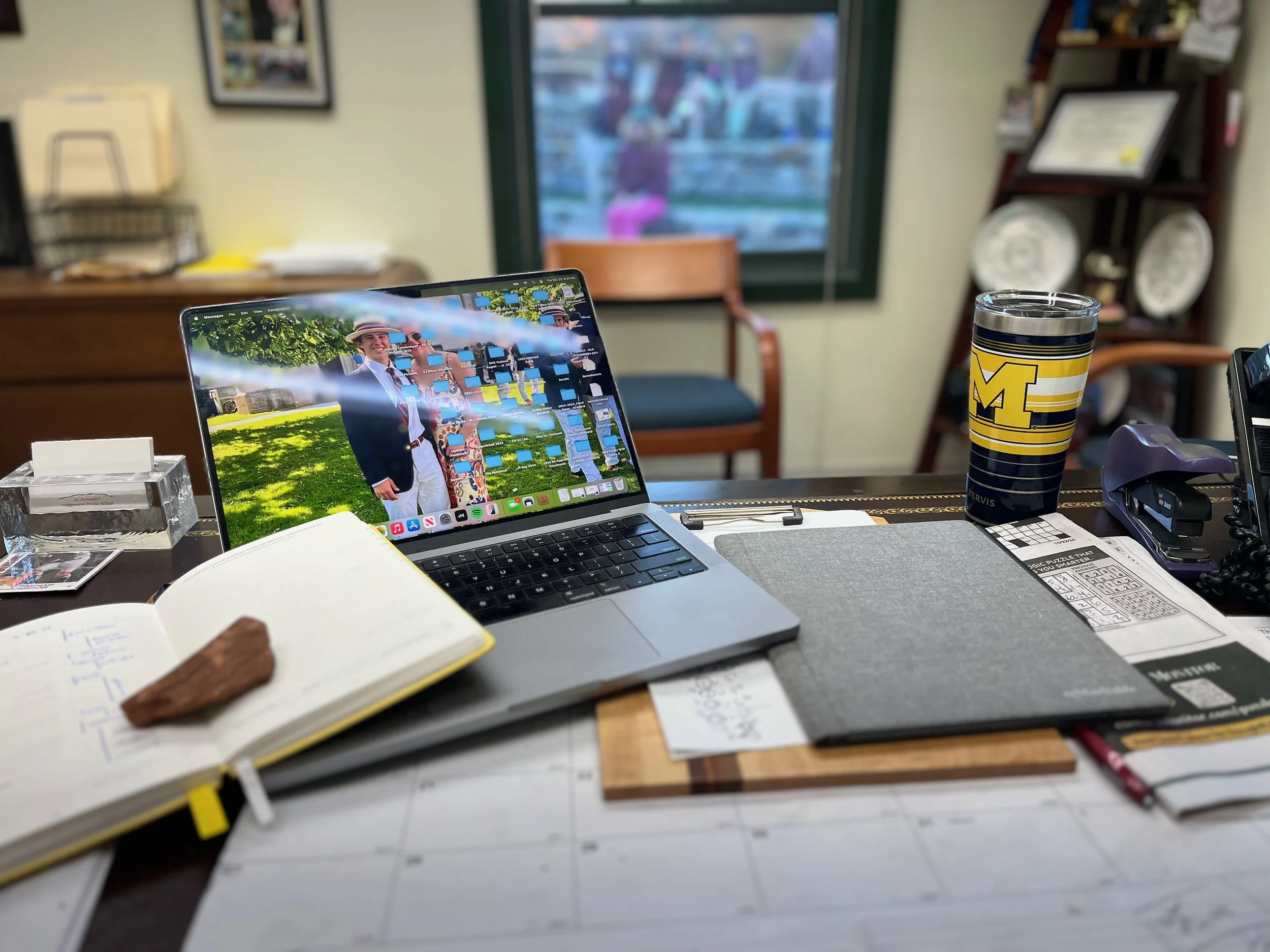Over a quarter of a century ago, I had just graduated from college with a degree in public policy and a minor in Russian studies. With no significant classroom experience to speak of, I was hired to teach 7th Grade English and 8th Grade math at Cardigan Mountain School. Not only was I lacking in classroom experience, but my most significant collegiate experience with math was statistics and econometrics. Suffice it to say, as the summer days were winding down, I was becoming increasingly anxious about the task ahead of me. I would imagine that not a single student in my class was worried about their teacher’s competency. After all, they had their own worries as the school year approached.
Many years later, I would like to think that I have become a more seasoned educator. Through the years, I have had the opportunity to teach myriad classes at different levels. I know significantly more now than I did when I first started my career in education, which helps me to understand that there is still so much I must learn. With all this experience, my pulse still quickens with the approach of a new year. Granted, I am not nearly as worried as I was when I was a raw rookie, but there is just something about this time of year. And still, I am sure that none of my students are concerned about their teachers – for this year’s students – like last year’s and next year’s, and always are going through their emotions as they approach a new start, which is, after all, how it should be.
In the end, there is only one cure for the emotions that arise at the start of a new school year. Start it! This Wednesday, we will all get the chance to start the 2022-2023 school year. We will walk, before we run, gathering for a half-day with one goal in mind – let’s get the year started! Inevitably, the students, the teachers and the parents all report that the simple act of having the first day – even an easy half day of orientation – significantly reduces anxiety and sets a very positive tone for the community. It allows folks to enjoy the long Labor Day Weekend and allows us to get righty to work on the following Tuesday.
This year, I have a very different teaching load than I did in year one, and as the Head of School, a set of responsibilities that I could never have dreamed of in final days of The Summer of 1995. What has not changed is my excitement for a new year, the butterflies in my belly, or the desire to get it all started!
Looking forward to seeing you all for the BYOL (Bring Your Own Lunch) picnic following Orientation on Wednesday!

